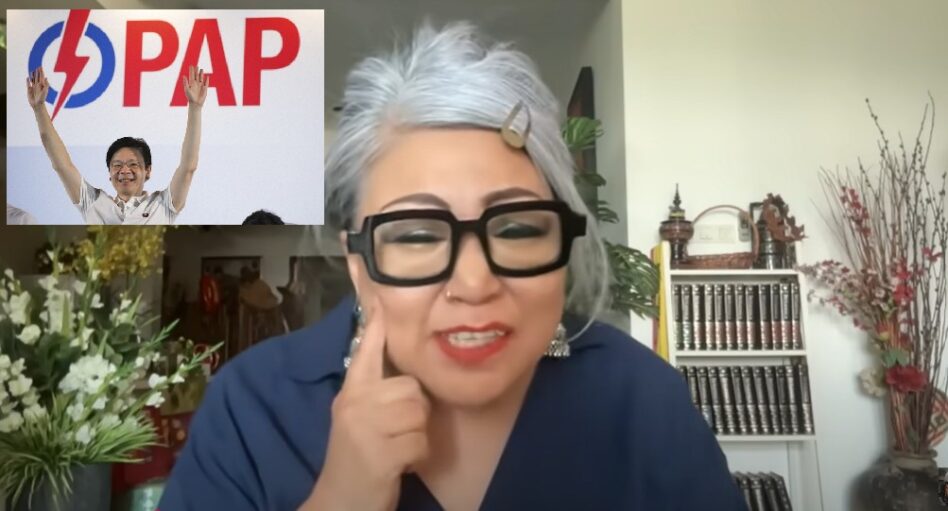THE right leaders for your joint management body (JMB) or management corporation (MC) means the difference between a well-run or badly run strata property. If all below sounds to you like a mini-government, it is in fact one with the council members in the management bodies serving as ‘cabinet members’.
The concept of a management body should be fairly clear to council members of MCs or even many long-time strata property owners.
For non-involved owners and residents – especially first-time owners – this form of common-interest ‘governance’ can be perplexing and – at times bewildering – with the many parties (developers, managing agent, management council, other buyers, among others) involved as well as with the legal duties of each party.
Those who have never lived in an owners’ corporation (condo, apartments, townhouses, gated communities) often do not understand the necessity of service charges, sinking fund, rules and volunteering to sit in the management council.
For them, the “management” may be perceived as little more than a nebulous entity that expects prompt payment on monthly invoices. This lack of understanding can lead to miscommunication and misunderstanding with the general perception that condo living is “hard”.
Required by law
Call it by whatever name, JMB, MC or residents association (RA), they are all basically a community association of property owners looking out for their best interest.
In the first two, it is a requirement by law for strata titled property under the Strata Titles Act 1985 and the new Strata Management Act (SMA) 2013 whereas RAs are voluntary organisations registered as a society with the Registrar of Societies (ROS).
The new SMA stipulates that the joint management body shall be established upon the convening of the first annual general meeting:
- If vacant possession was delivered before the commencement of the Act not later than 12 months from the commencement of the Act (ie June 1, 2015);
- If vacant possession is delivered after the commencement of the Act not later than 12 months from the date of delivery of vacant possession of a parcel to the purchaser.
This is to allow the owners to expediently have a say in how their investment is managed and maintained.
Very often, only a small percentage of owners in condominiums or other types of strata titled development take interest in how their properties are managed. This leaves the handful of volunteers burned out after years of volunteering their services. There are also some who are interested but do not have the knowledge or skill to sit in the decision making council.
Challenging duties

In the SMA, the management committee (whether JMC or MC) representing the purchasers should comprise a minimum of three purchasers and a maximum of 14. There shall be a chairman, secretary and treasurer, all of whom shall be natural persons (ordinary folks).
Although these are voluntary positions, they have to be taken seriously because they involve people and their investments. Most owners’ corporations are headed by a leader who might also be the chairman at meetings.
Strong leadership is an essential component of every successful owners’ corporation. Very often, those who speak the loudest at meetings are elected but that may not be sufficient for the long term.
A good leader can make a difference for an owners’ corporation spirit. By considering the strength and qualities it takes to succeed, selecting your leader can in a very real way leads to a more productive and happy community. Here are some tips on how to choose the leader of your home community.
- “A manager does things the right way and a leader does the right thing.”
A leader is someone who not only recognises the “right thing”, but who can also motivate others to help him get the right thing done. Strong leaders should have skills, knowledge and experience plus the abilities to motivate and command.
- How to distinguish leadership quality
How do you recognise who has this special combination of insight and inspiration? There are personal characteristics that point to strong leadership style. Look for people who display these particular abilities:
- Ability to take criticism: Nobody in a position of power will escape criticism. Leaders have the ability to discern when criticism is valid and when it is not.
- Open mindedness: A leader must be able to approach a problem creatively. Perspective is an invaluable leadership tool. A council/committee who is afraid of change will stagnate.
- Ability to communicate well: Able to explain, persuade and praise. Some volunteers are not particularly articulate, yet are valuable and productive. Leaders should be able to express ideas clearly and persuasively.
- Decisiveness: Taking a stand involves making mistakes. A good leader takes a stand and if an error is made, acknowledges it and makes a course correction.
- Enthusiasm: Enthusiasm is contagious. With it, council members are motivated to keep volunteering. Without it, voluntary work becomes a burden.
- Leads by example and promotes teamwork: Arrives on time, never shirks responsibilities and demonstrates good work habits. Able to instill cooperation among volunteers, making it easy for them to pitch in together. Pitches in alongside others and not just issue orders for others to follow up.
- Listens to others: Source for and uses other’s ideas and gives credit when credit’s due.
- Problem solving skill: Uses knowledge and experience to help get the job done.
- Sensitivity: A genuinely caring leader inspires confidence in others. Confidence leads to results. Leaders delegate, give and seek constructive feedback. A leader knows how and when to give praise. Praise is the simplest and often the most valued form of reward. A leader knows how to criticise constructively: pointing out what is wrong without attacking personalities. A good leader seeks opinions and ideas from others.
- Sound judgment: Has the ability to identify and prioritise issues. A good leader then weighs alternatives carefully before making decisions.
- Takes responsibility: Never blames others for problems.
- Vision: A strong leader understands and promotes the community’s best interests. Leaders set goals, communicate what’s needed to achieve them and then move toward them.
Choose your leaders well and prosper or wait for the next election at the annual general meeting and run for council member post. — Nov 18, 2022
Datuk Chang Kim Loong is the honorary secretary-general of the National House Buyers Association (HBA), a non-profit, non-governmental organisation (NGO) manned by volunteers.
The views expressed are solely of the author and do not necessarily reflect those of Focus Malaysia.
Main photo credit: Simplilearn










